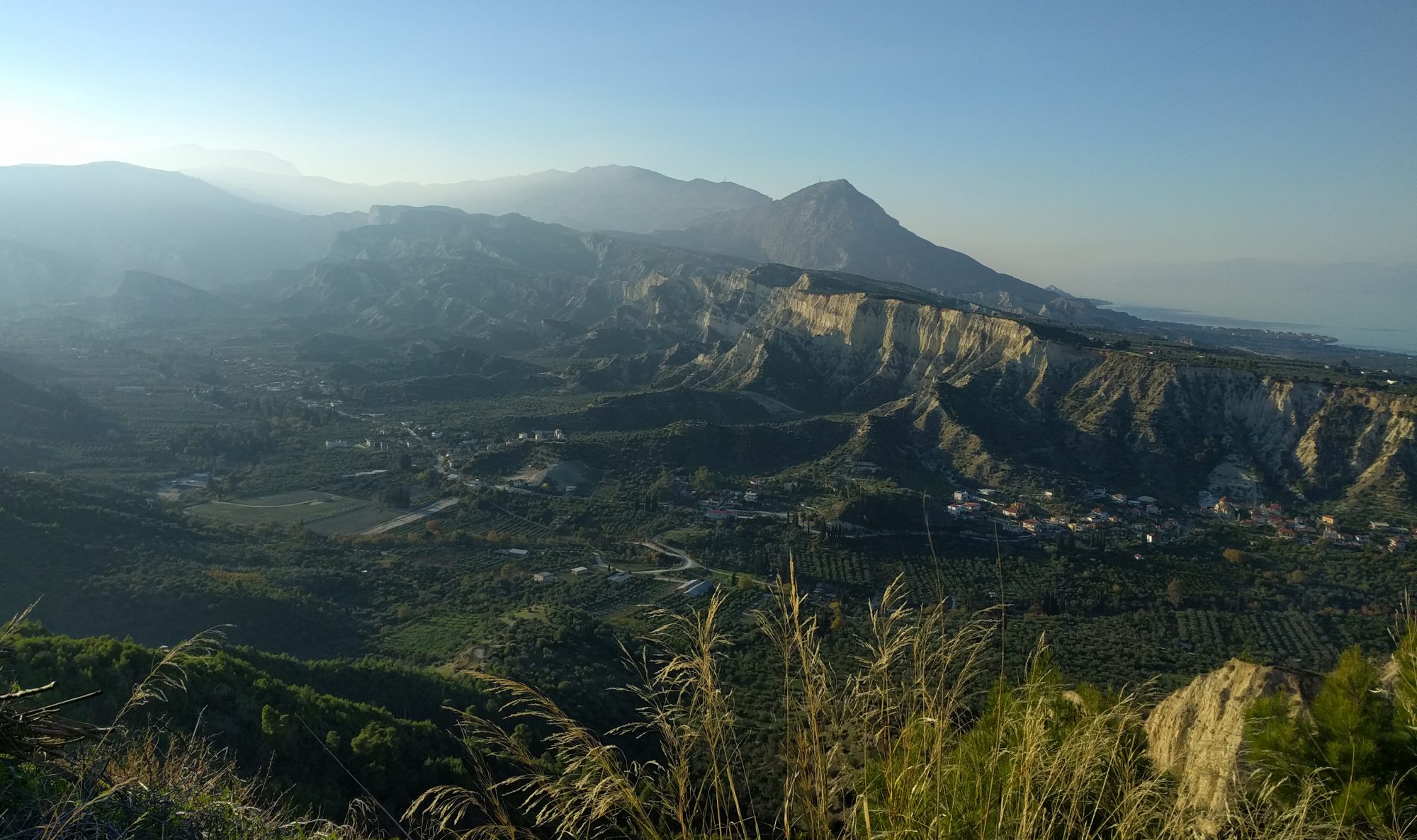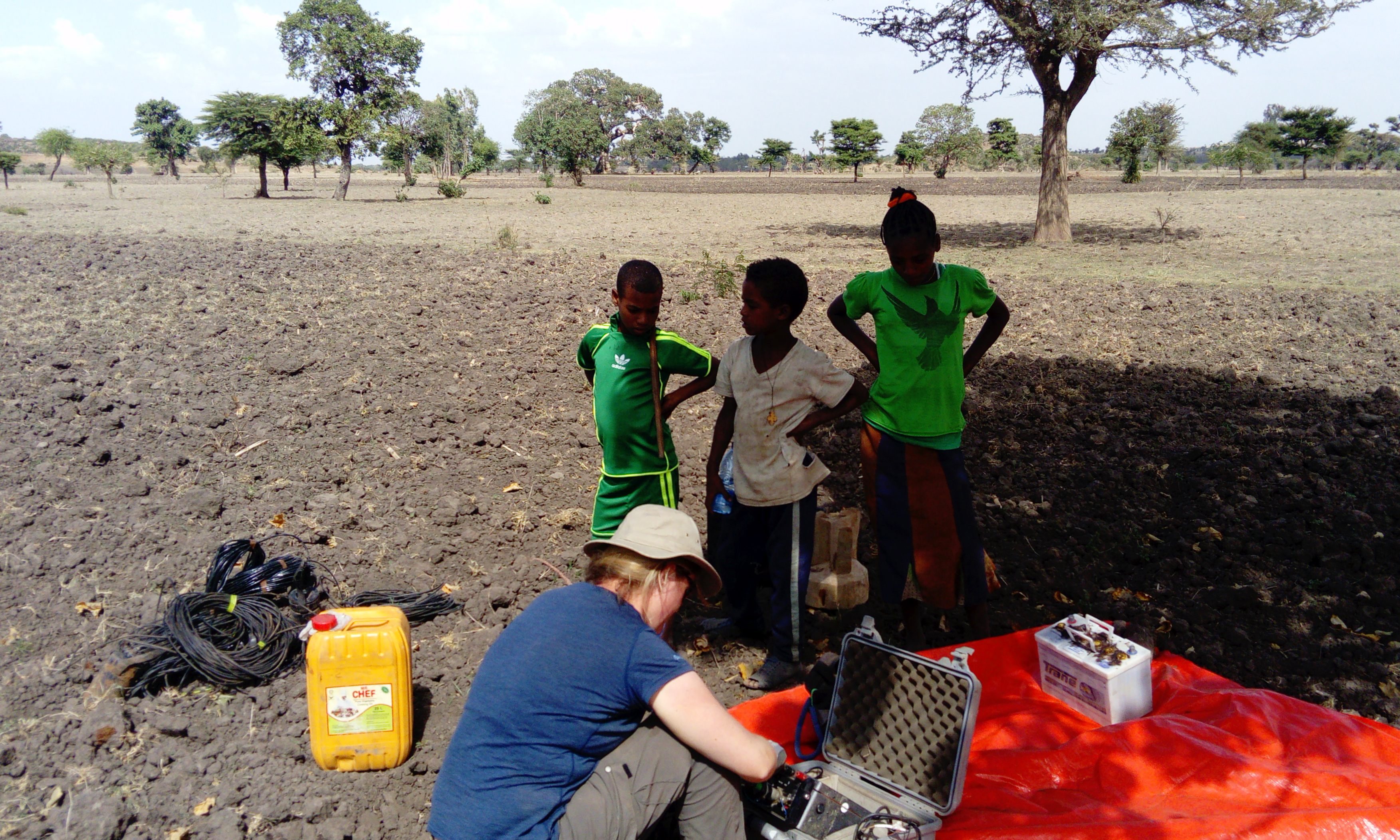Last year I travelled out to Ethiopia for fieldwork twice, quite a feat considering it had taken two years of broken limbs and civil unrest causing setbacks. Avoiding the rains and unseasonably hot conditions of the summer (although I didn’t quite manage to avoid the heatstroke) I visited the Butajira volcanic field in April and Fantale volcano in November.
My PhD is focussed on magmatic plumbing systems in the Main Ethiopian Rift (MER), where despite considerable volcanic unrest, little is known about Holocene eruptions and monitoring is very limited. In 2011 the World Bank Global Facility for Disaster Reduction and Recovery assigned a high level of uncertainty to nearly 50 Ethiopian volcanoes. With the second fastest growing economy in the world, it is vital to understand volcanism in Ethiopia, not only to help them prepare for natural disasters but also to aid in geothermal exploration, an important power source in the country.
That’s where RiftVolc steps in, a huge collaborative NERC project partnering universities across the UK with Addis Ababa University. The aims are to use interdisciplinary techniques to assess past eruptions, monitor current volcanic unrest and plan for future hazards.
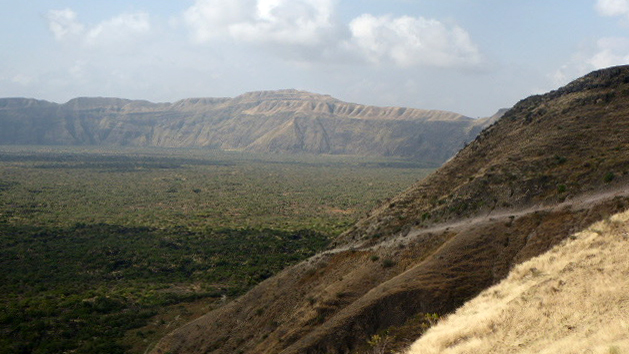
Despite being a self confessed petrologist, I was actually in the Butajira volcanic field to help carry out a magnetotelluric survey across a segment of the MER. Magnetotellurics measure the electrical conductivity/resistivity of the crust, conductive areas can signify the presence of a magma chamber. It was a good opportunity to learn a new skill, and installing the instruments as part of a team was hard work, but good fun. The tricky parts were finding actual roads to drive on, the term road must be very loosely defined in Ahmaric, and negotiating to rent farmers’ fields. Whilst 200 Birr (£5) might not seem a lot to us, it made a real difference to some of the farmers we met. As electrical conductivity/resistivity can be heavily influenced by melt fraction and water content I also collected scoria samples to carry out petrographic and geochemical analyses on. The results I get from these samples this year will help us better interpret the geophysical data, and hopefully build up an image of where, and how magma is stored in the crust.
As this was my first time in Ethiopia, and the entire African continent, I was a bit nervous. However, I couldn’t have loved it more. The culture is starkly different, but refreshingly so. The people are always friendly and relaxed, nothing happens with great speed, a nice change from the busy and stressful Cambridge bubble. I was even pleasantly surprised by the food, unexpected after hearing mixed opinions about injera, a sourdough pancake made from semi-fermented grass seeds that is eaten every mealtime. And my paranoia about getting ill from the food was completely unfounded, it was the mosquitos that got me in the end. One bout of chikungunya later and I was raring to go for my next trip in November!
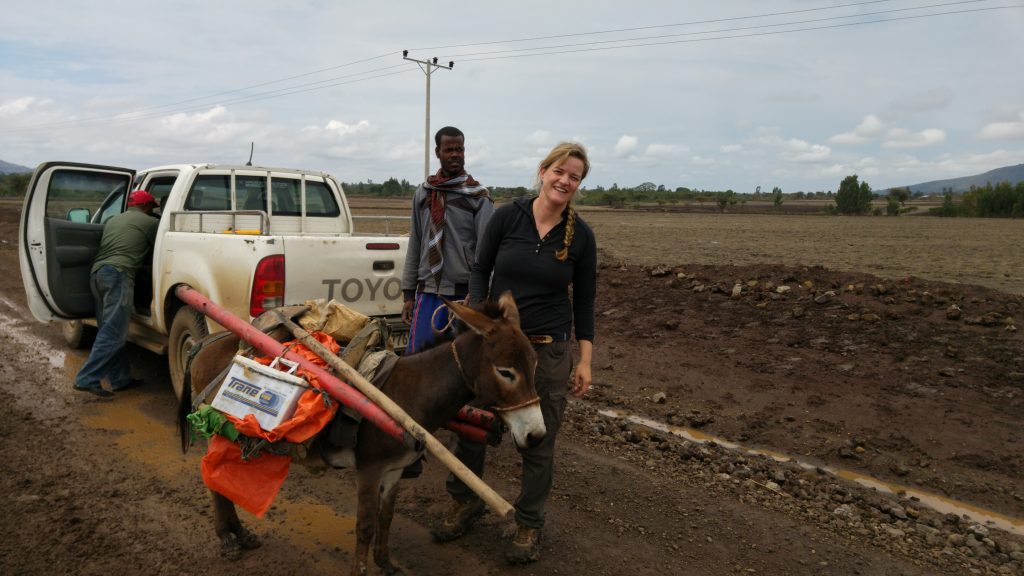
Fantale was a completely different field game. Much further North in the country and closer to the Somalian borders, people were a lot more cautious and suspicious of what we were up to. Luckily our friendly guide Tedechio helped us, keeping us out of trouble and befriending the locals and goats wherever we went. Although his frequent observations of leopard and hyena footprints were slightly unnerving.

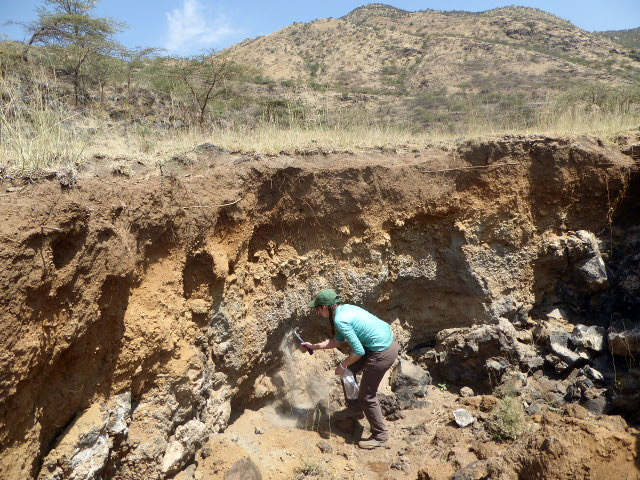
The fieldwork was also very different. This time we were working to improve the geological map of the volcano and looking out for any unusual features in the lava flows, caused by the unusual low viscosity magmas erupted at Fantale. This involved a lot of hiking up the steep volcanic flanks in 35°C heat, a real challenge that pushed me to my limits some days. There was always plenty of food to help us recover our strength, but after two weeks of near identical meals I’ll be avoiding papya, ambasha and roast chicken (well some days it resembled a chicken…) for a while. Three large buckets of samples made it back to Cambridge with me, plenty to keep me busy for the last year of my PhD. That’s one of the most rewarding things about working in Africa; so few of the volcanoes have been studied that every single analysis makes a real difference.
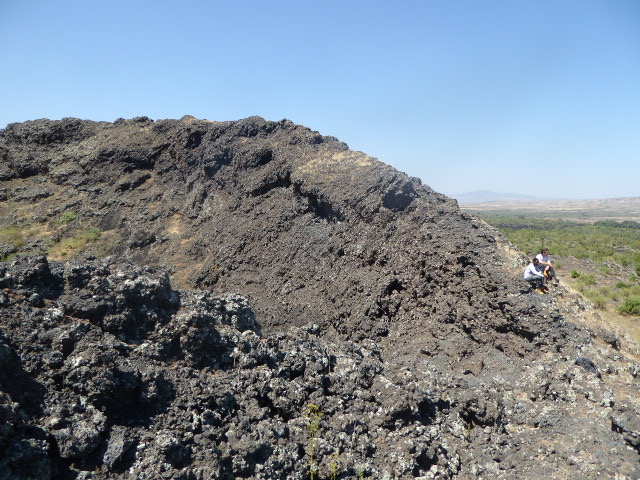
None of this fieldwork could be done without the help of our great colleagues at Addis Ababa University and drivers. I’ve been very lucky to work with some brilliant field assistants during my trips, who have not only offered advice but also kept morale high and been great friends. I also have endless respect for the drivers that safely navigate some of the most dangerous ‘roads’ I’ve ever been on, whilst also being capable of installing complex geophysical equipment at the drop of a hat. A big thank you goes out to all these people. I can’t wait to go back one final time next January for more adventures.
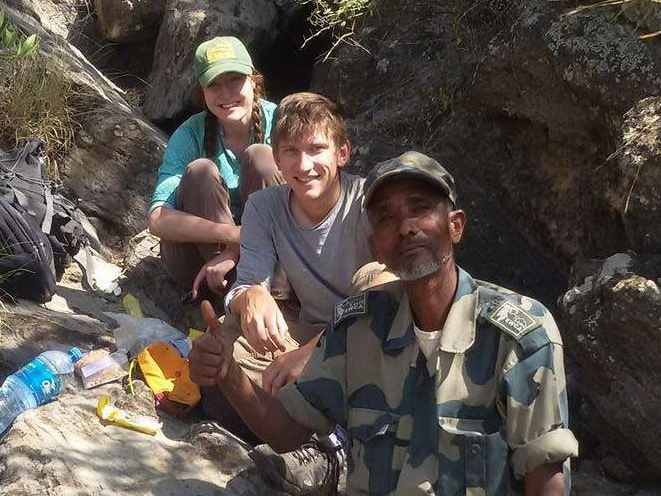
Fiona Iddon PhD student
